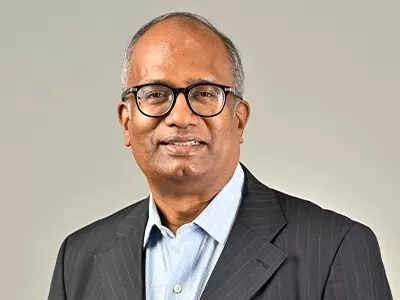
Gokaldas Exports, one of India’s largest garment makers supplying to leading global markets, is bracing for a sharp hit from the United States’ new 50% tariff on Indian goods. Managing director Siva Ganapathi told The Times of India that the duty is far beyond what the supply chain can bear and will inevitably push business away from India.
Ganapathi said it was important to first look at the impact of the earlier 20% tariff. “Ultimately, the garment price has to increase and the customer has to pay. At the moment, there is a reluctance to increase prices for consumers, and buyers had asked us to absorb a portion of the initially imposed 10% tariff, which was shared with the entire supply chain, including those selling fabrics and spinners and the others. But 20% is too high to be absorbed by the supply chain,” he said.
He warned that the higher duty would force brands to rethink their pricing. Some may resort to “de-specing” — a form of shrinkflation — by cutting features to keep prices steady. “For all practical purposes, 20% (tariff) is the new zero. There would be scope to increase some prices by next year,” he said.
According to Ganapathi, a 25% tariff could still be managed, albeit reluctantly, through improvisation. But the new 50% duty is “not a tariff, it is an embargo. We will lose business,” he said.
On how the company plans to respond, Ganapathi said orders would inevitably shift to other countries. “We will try to move to some European markets, reduce capacity. That’s the only way to counter it. It will require tremendous effort to find a solution to offset a 30% relative disadvantage (given 50% tariff on India). There has to be some give and take between India and the US. We hope that a rational outcome is found in the next two-three months and it comes close to 20%. If a solution is not found, the industry will be badly hit,” he said.
India exports about $5 billion worth of garments to the US each year. Ganapathi said it will be difficult for American buyers to quickly replace such large capacity from another country.
Asked what the government could do, he said it should fast-track the free trade agreement with the European Union, ensure that the UK deal is implemented without delay, and secure a pact with the US. In the meantime, he suggested incentives for exports to the US to partly offset costs, along with measures to support jobs in the sector. “After all, China does this to insulate its industry. The point is how do you stay in the game till a solution (with the US) is found,” he said.
Ganapathi also pointed to pending procedural changes that could help cut costs if implemented quickly.







